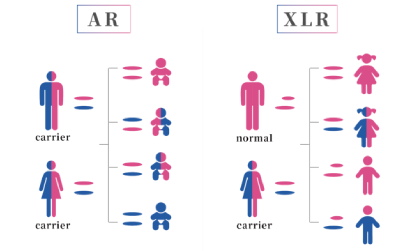聚焦生殖健康 提供完整普惠IVD产品
-
背景介绍
单基因遗传病是指由单个基因变异引起的疾病,我国出生缺陷总发生率约为5.6%,其中约22.2%的出生缺陷由单基因遗传病导致,综合发病率高达1%,远超唐氏综合症。具有代表性的单基因遗传病包括:地中海贫血、遗传性耳聋、苯丙酮尿症、脊髓性肌萎缩症(SMA)等。单基因病大多数表型严重,且绝大多数缺乏有效治疗手段,严重影响患儿的生存和生活质量。携带者筛查是预防单基因遗传病的有效手段,可通过提前识别父母携带的致病变异,配合辅助生殖或产前诊断技术避免单基因遗传病患儿出生。
适用人群:
● 超声结构异常,单一或多系统。
● NT增厚(≥3.0mm)。● 重度胎儿宫内生长发育受限(FGR,小于第10百分位数)、胎儿严重贫血。● 重度羊水过多(羊水最大暗区>15cm或羊水指数>45cm)、羊水过少(羊水最大暗区≤2cm或羊水指数≤5cm)、双侧脑室增宽(10-15mm)、脑积水/脑水肿,胎儿水肿等异常情况● 多发流产,流产原因不明的流产组织, 为提高诊断效能。





